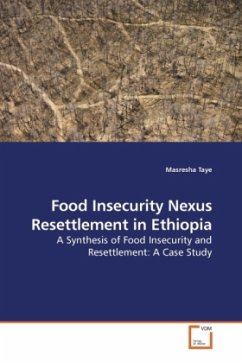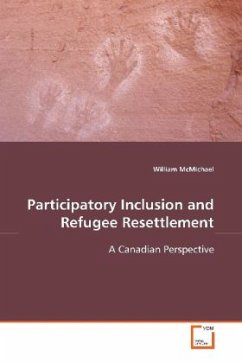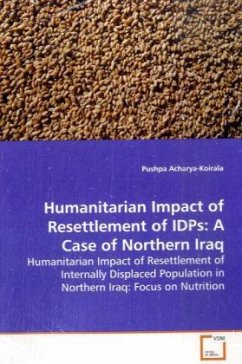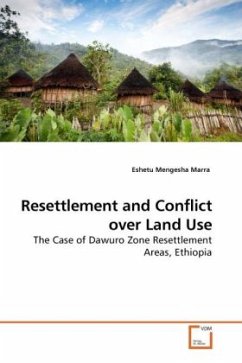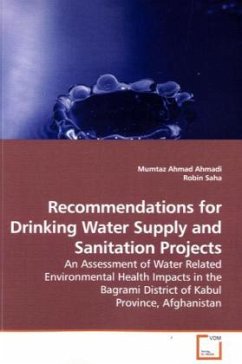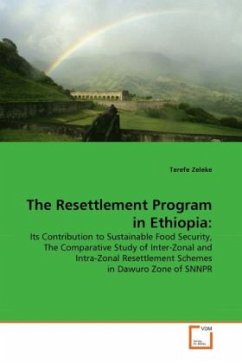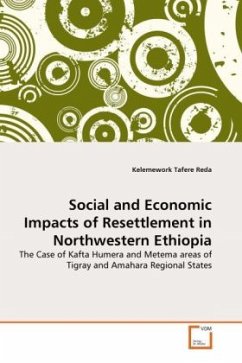
Social and Economic Impacts of Resettlement in Northwestern Ethiopia
The Case of Kafta Humera and Metema areas of Tigray and Amahara Regional States
Versandkostenfrei!
Versandfertig in 6-10 Tagen
32,99 €
inkl. MwSt.

PAYBACK Punkte
16 °P sammeln!
Resettlement has a long history in Ethiopia. Forced resettlement that took place during the Marxist Derg regime ended up in failure due to the lack of proper planning and follow-ups. The current EPRDF-led government in Ethiopia has also identified resettlement as a rural development option to tackle food security problems in drought-prone areas of the country. However, the implementation of resettlement schemes in Tigray and Amhara regions was based on the free will of migrants to move to the more fertile lowland areas. Voluntary resettlement programs resulted in an overall improvement of live...
Resettlement has a long history in Ethiopia. Forced resettlement that took place during the Marxist Derg regime ended up in failure due to the lack of proper planning and follow-ups. The current EPRDF-led government in Ethiopia has also identified resettlement as a rural development option to tackle food security problems in drought-prone areas of the country. However, the implementation of resettlement schemes in Tigray and Amhara regions was based on the free will of migrants to move to the more fertile lowland areas. Voluntary resettlement programs resulted in an overall improvement of livelihood conditions although some negative environmental and social impacts were observed. Deforestation and the loss of flauras and faunas as well as conflict with indegenous communities were found out to be the major impediments.



